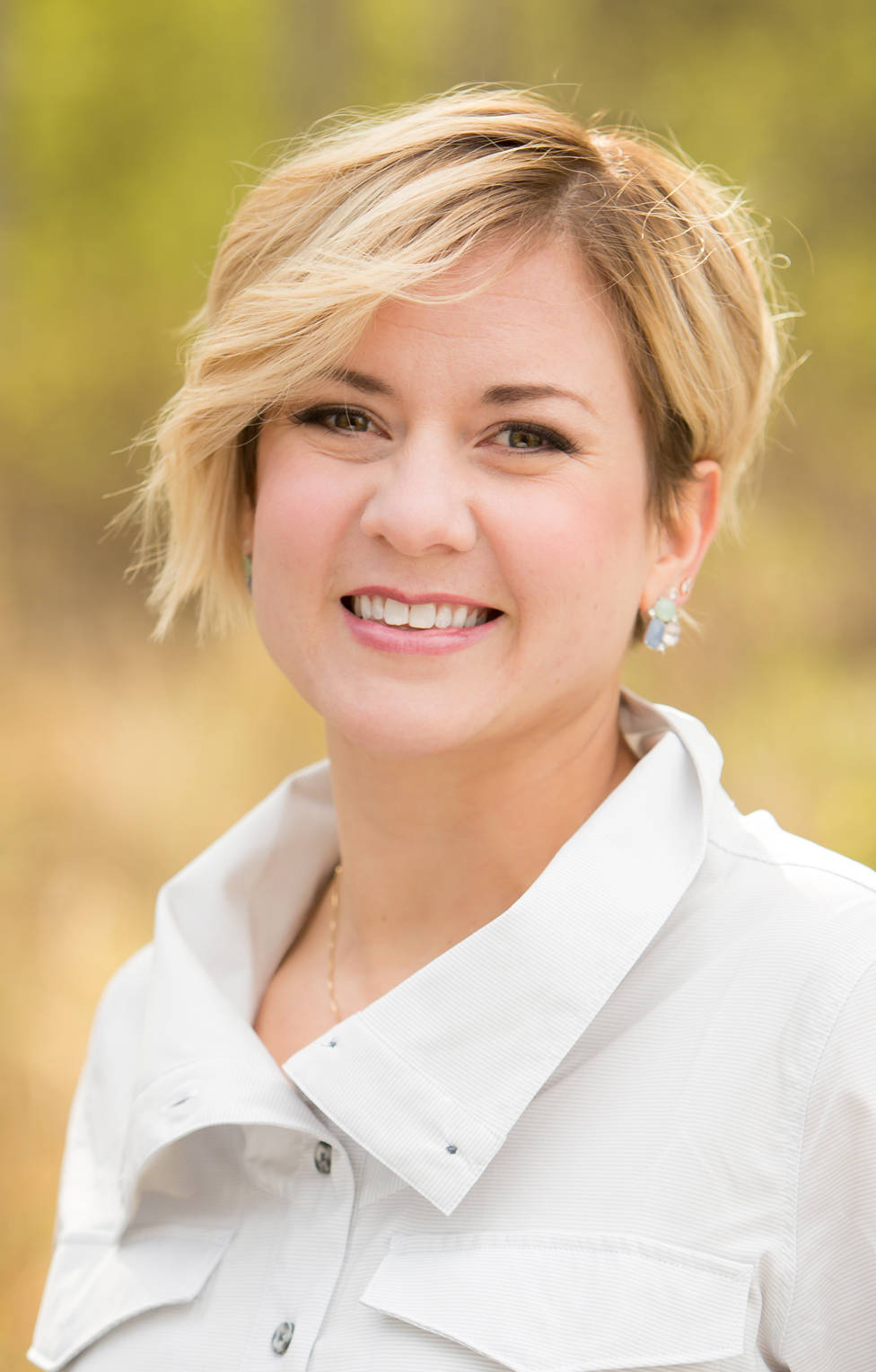The Alaska Public Offices Commission may approve a legal opinion today that could encourage University of Alaska professors to run for state office.
In March, a lawyer from the university system asked APOC whether a faculty member would be required to repay his or her sabbatical salary if elected to office while on leave from the university. No, the agency replied in a draft opinion under consideration today.
The question is not an idle curiosity. This fall, Liz Snyder of Anchorage is running as a Democrat for the Alaska House seat held by Rep. Lance Pruitt, R-Anchorage. She has no primary election challenger and in November will face the winner of the Republican primary. In 2016, Pruitt defeated Democrat Harry Crawford by 157 votes out of 8,347 cast in the district.
Snyder, in an email to the Empire Wednesday, confirmed that her run for office prompted the University’s question. Snyder is an associate professor of public health and has been with the university since 2009.
“I have just completed sabbatical, so that’s kind of the focus of this inquiry,” she said by phone.
Snyder’s sabbatical ended in April, and her campaigning began after that, she said. If elected in the fall, she wouldn’t be able to fulfill an entire year of teaching, since the Legislative session starts in January.
“You cannot hold two taxpayer-funded positions at the same time,” she said.
Normally, the university allows faculty with at least five consecutive years to request a sabbatical “for study, formal education, research, and other scholarly and creative activity, generally at a reduced salary.”
One key condition of the sabbatical is that the professor must return to the university to teach at the end of the sabbatical. If they don’t, they must immediately repay all salary and benefits received during the sabbatical.
A university chancellor can waive the repayment demand under “extenuating circumstances,” such as a health crisis.
University employees are allowed to run for office, but if someone on sabbatical were elected, they wouldn’t be able to return to work and could request a waiver.
In this case, the university was curious: If it used the “extenuating circumstances” provision for a professor who was elected to office, would that count as an illegal political contribution?
No, according to the draft opinion, because the state law and regulations in question control donations “made to influence the nomination or election of a candidate.”
“Here, the exemption is not made until the election is over; and is only a possibility if the faculty member has already won the election,” wrote Thomas Lucas, campaign disclosure coordinator for APOC, in the draft opinion.
Snyder said the question is fairly limited; it only applies to faculty coming back from sabbatical, but for them, it might make a difference in deciding whether or not to run for election.
“It’s an added consideration,” she said. “It certainly weighed very heavily in me wanting to run.”
The draft opinion written by Lucas is not final and must be approved by a majority of the five-member commission to become official. Approval of the opinion had been scheduled for the commission’s meeting last week, but the commission is operating with only four members, and not all four were available for last week’s meeting, requiring a delay.
In other business, the commission is also expected to consider an opinion requested by Rep. David Eastman, R-Wasilla.
Eastman had asked in February whether a political action committee he runs could legally accept online donations while the Legislature is in session. No, the agency said, but if Eastman himself is not treasurer and chair of the PAC, it may do so.
Unlike the U.S. Congress, few Alaska lawmakers operate their own PACs. According to APOC filings, the only two registered for this year’s elections are Eastman’s Alaska Conservative Leadership PAC and Gabby’s Tuesday PAC, operated by Rep. Gabrielle LeDoux, R-Anchorage.
• Contact reporter James Brooks at jbrooks@juneauempire.com or 523-2258.

